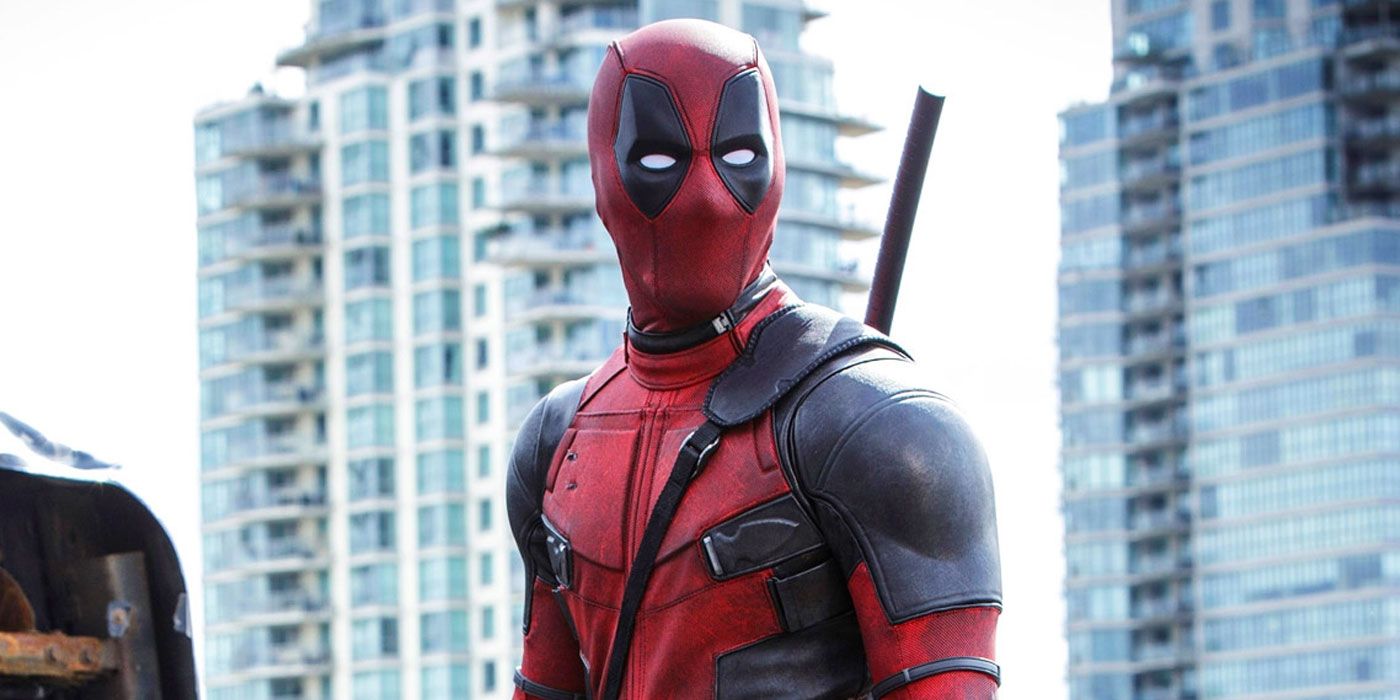Fans were reasonably saddened when it was announced that director Tim Miller had left the sequel to “Deadpool” after there seemed to be “creative differences” between Ryan Reynolds and himself. It’s not a secret that Miller was a huge reason that the film was so successful, so to see him leave gave everyone an obvious feeling of concern.
RELATED: Ryan Reynolds Knew Wolverine Origins Was A Disaster — And Fox Didn’t Listen
Speaking to GQ after winning their 2016 Man of the Year, Reynolds opened up on Miller leaving the project, telling the magazine that Tim was “brilliant”, and that “nobody worked harder on Deadpool than he did.” He also added that he was “sad” to see Miller had left the project. However, later on in the interview, Reynolds’ remarks suggest that perhaps there was some friction between the two when it came to the film.
I know when I need to exert control, and I know when I need to let go of it. I’m not gonna go and sit with Tim Miller and say, ‘The visual effects of Deadpool need to be done this way.’ The man is a visual-effects wizard. But there are character and tone things that I know really well. And I’ve also been with this thing the longest out of anybody, aside from the guys that wrote the comics. Eleven years I’ve been trying to get this Sisyphus rock up the hill, and it kept rolling back on top of me. So I’m gonna be all the [frick] over it from the moment it starts to the moment it finishes.
RELATED: Deadpool’s New Holiday Blu-ray Wants To Stuff Your Stocking
Going from the statements above, it’s hard not to imagine that Miller had some different ideas on what the tone of the film and of Deadpool himself should be. As Reynolds said, he has been with the character for an incredible long time, so it’s not surprising to hear that someone trying to come up with some new ideas might be met with a concerned Reynolds. Elsewhere in the interview, Ryan let it be known that he also clashed with Fox over their take on Deadpool in “X-Men Origins: Wolverine”, even though the studio won out there. Taking that into account, it’s no surprise Reynolds is hesitant to change much of what made “Deadpool” such a success.

